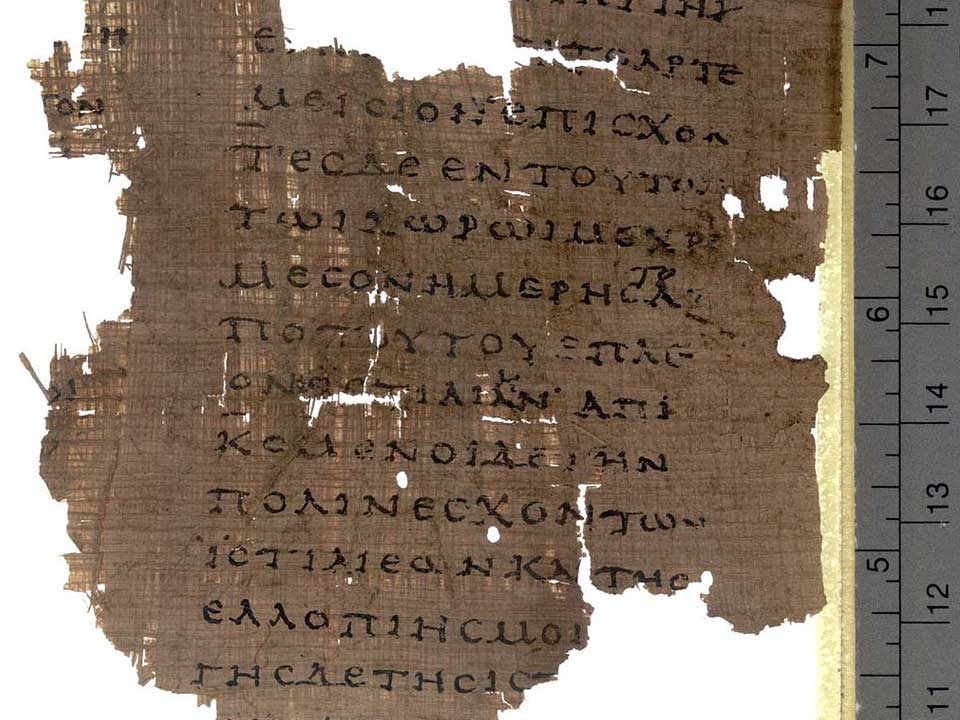The Histories and the Biblioteca Historica

In the 5th Century BCE, during the first rule of Egypt by the Persian Empire, Egypt was visited by the Greek historian Herodotus. He would go on to write what was the first account of life in Egypt from the Western perspective. His work, called The Histories, chronicled the struggles between the Greeks and the Persians, and all of the nations that were captured by the Persian Empire.
Herodotus is known today as the “father of history”, though it is generally acknowledged that his Histories should be read with a grain of salt. A great majority of his personal observations have been supported by archaeological evidence over time, but he also relates stories told by local Egyptians. Those stories, while colorful, are rife with factual errors. He does, however, provide descriptions of daily life, history, and mummification practices that are still referenced today.
Following in the footsteps of Herodotus, in the 1st Century BCE, Greek historian Diodorous Siculus published his Biblioteca Historica. His attempt to write a “universal” history covered ancient (Greek) mythology, up into about 60 BCE. The portions dedicated to Egypt seem to be derived from time he actually spent in Egypt, but is often criticized for its limited perspective.
As historian Thomas W. Africa put it, “No oral tradition preserved by Herodotus or Diodorus can be received without suspicion.”

At-A-Glance
- Herodotus was a Greek historian who wrote about Egypt in the 5th Century BCE.
- Diodorus was a Greek historian who wrote about Egypt in the 1st Century BCE.
- Neither accounts are 100% accurate, but did provide insight into Egyptian life to non-Egyptians.


